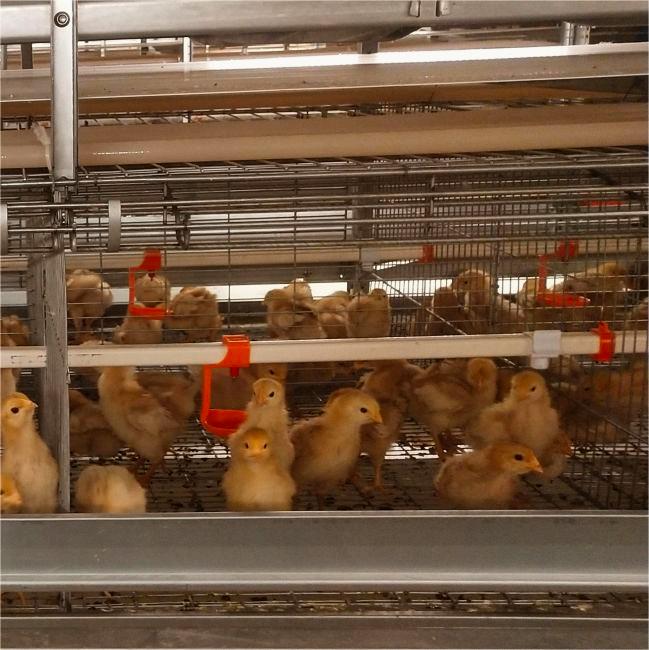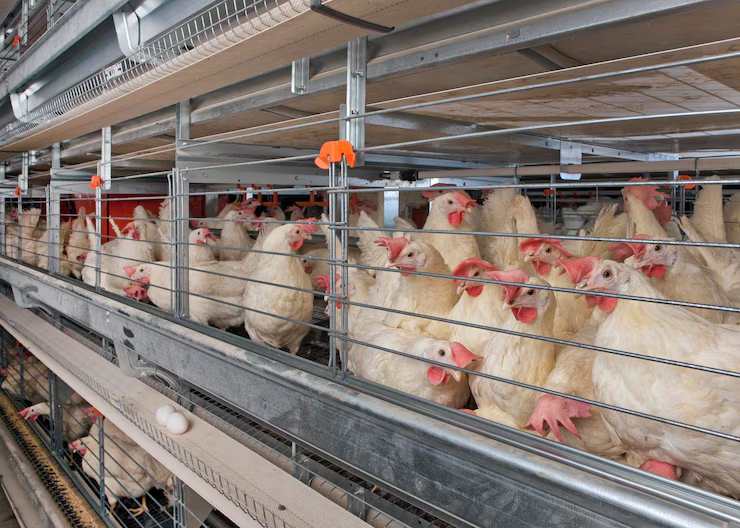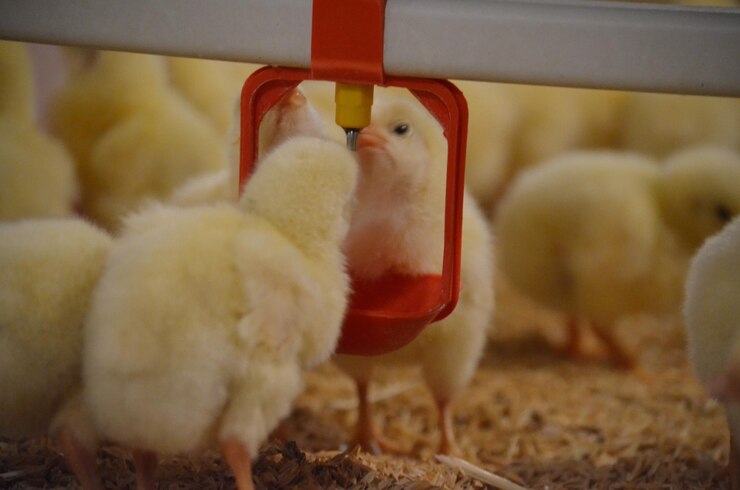What Are Closed Chicken Coops and Why Should You Care?
Closed chicken coops, sometimes called controlled environment poultry houses, are shaking up how people raise chickens.
Unlike old-school open coops, these coops give you a sealed space with tight control over everything. They keep your chickens healthier, boost egg or meat production and make your farm more sustainable.
How Are Closed Chicken Coops Different From Open Ones?
The main difference is control. Open coops let in wind, rain, animals and wild birds. Closed chicken coops, though, come with slick systems for air flow, temperature, lighting and feeding. They use clever tech and smart planning to create the perfect place for chickens to grow, stay healthy and keep things green.
Why Are Farmers Choosing Closed Systems More?
Farmers love closed systems because they’re super safe and crank up production. Sure, they cost more to get going, but healthier chickens, fewer losses and less manual work make them a wise pick in the long run. The close control over the coop’s conditions keeps birds happy and output steady.
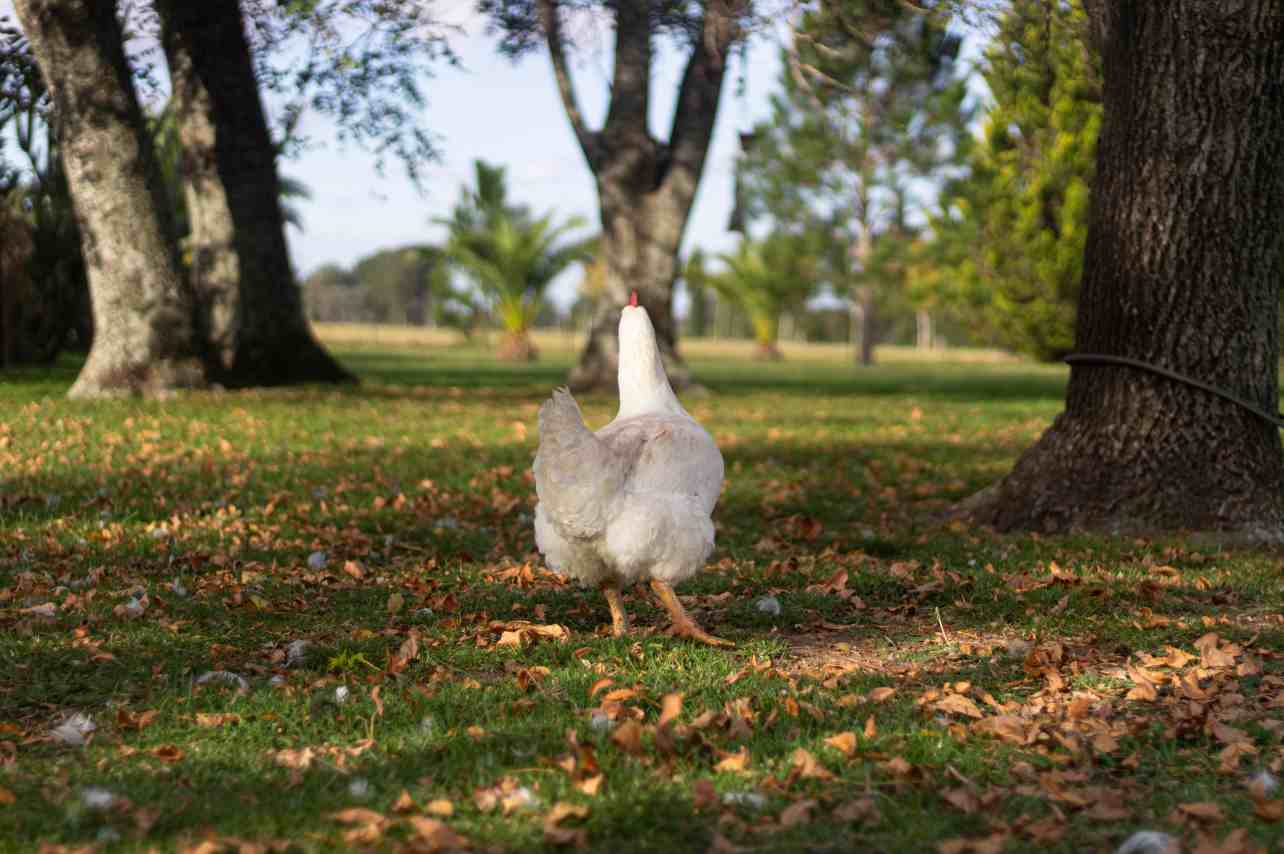
Health Benefits of Closed Chicken Coops
How Do Closed Coops Keep Diseases at Bay?
Stopping diseases is a massive win with enclosed coops. Biological isolation: The sealed design prevents wild birds, insects and rodents from entering, reducing the risk of highly contagious diseases such as avian flu and Newcastle disease. This stops infections from wiping out your flock.
How Biosecurity Works in a Controlled Setup
Keeping Out Wild Birds and Pests
Closed chicken coops act as a physical barrier against outside trouble. Predator prevention: Closed coops provide physical protection against predators such as weasels, snakes and foxes, reducing unexpected losses. This keeps your chickens safe from predators and germ-spreading pests.
Cutting Down on Parasites and Germs
With automated cleaning and regular disinfection, germs don’t get a chance to stick around. Convenient disinfection: The structure is easy to clean thoroughly. Disinfection routines can be automated or done with high-pressure sprayers, which help eliminate pathogen residues before new flocks arrive.
Making Chickens Healthier With Enclosed Housing
Do Chickens Feel Safer in Enclosed Spaces?
Chickens are prey animals, so they thrive in a secure spot. Closed coops deliver that by shutting out outside noise and mess. Less noise, fewer drafts and no sudden weather shifts keep their stress levels low.
How Does a Controlled Setup Reduce Stress?
Shielding From Bad Weather
Super hot or cold weather can throw chickens off. Closed coops use fans, heaters and cooling systems like wet curtains to keep the temperature just right. This prevents heat stress or cold-related problems.
Calming Down Fights Among Birds
A well-managed space cuts down on squabbles over food or shelter. With steady lighting and feeding schedules run automatically, chickens grow more evenly. This helps tone down pecking order fights.
Boosting Egg Production and Growth Rates
Can Enclosed Coops Make Your Farm More Productive?
Absolutely—by giving chickens a stable, cozy environment. Light regulation: Timers and LED systems mimic natural daylight cycles or adjust them based on production goals. This leads to increased egg-laying consistency in layers or accelerated weight gain in broilers.
How Comfort and Nutrition Lead to Better Results
Tweaking Lighting and Temperature
Controlled setups let you adjust light to fit your flock’s needs. This keeps stress down and boosts laying or growth rates.
Reliable Feeding and Watering Systems
Automated poultry systems ensure every chicken gets enough food and water. Automated systems for feeding and watering reduce the need for manual labor, while improving feed conversion ratios (FCR).
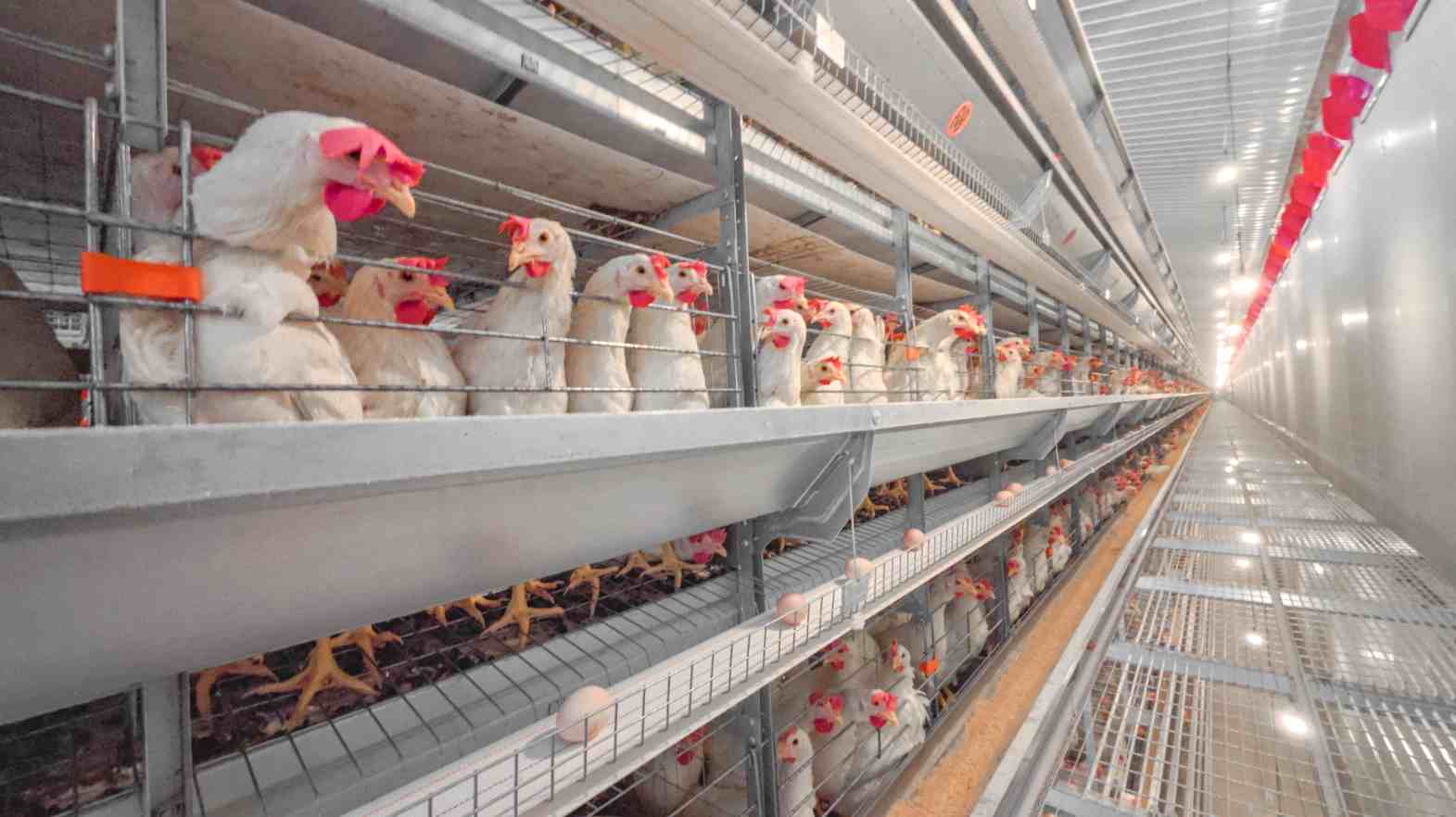
Energy Efficiency and Maintenance Perks
Are Closed Chicken Coops Easier to Run Long-Term?
The setup’s a bit tricky at first, but automated systems for feeding and watering save money over time. These perks make things smoother in the long haul.
How Does Automation Help Everyday Tasks?
Ventilation for Cleaner Air
Fresh air is a must. Air inside the coop is continuously refreshed to eliminate ammonia, CO₂ and dust. This prevents respiratory issues common in poorly ventilated spaces.
Managing Waste and Staying Clean
Manure’s no hassle in enclosed setups. Chicken waste is easier to collect and converted into organic fertilizer or used for biogas, making operations cleaner while adding revenue streams.
Environmental Impact of Enclosed Chicken Housing
What’s the Eco Footprint of a Closed Coop?
Compared to free-range setups, closed systems keep pollution low by managing waste wisely. They also use less land per bird thanks to vertical cage stacking.
How Do These Systems Support Sustainable Farming?
Reducing Land Pollution
By keeping manure in controlled areas, it can be converted into organic fertilizer. This cuts down runoff into nearby ecosystems.
Using Water and Feed Smartly
Enclosed setups use sensors for precise dosing. Automated systems also reduce feed waste through precise dosing, ensuring sustainable resource utilization.
Cost Considerations: Upfront Costs vs. Long-Term Savings
Is a Closed Coop Worth the Big Start-Up Cost?
It costs more to start, but better flock performance…make closed systems more profitable in the long run. With improved output per bird unit area—especially when using multi-tier cages—the ROI becomes evident over time.
How Do Savings Offset the Build Costs?
You save with less labor, fewer dead birds, better feed efficiency and steady income from consistent production. These add up to shorten payback time—often within 3–5 years.
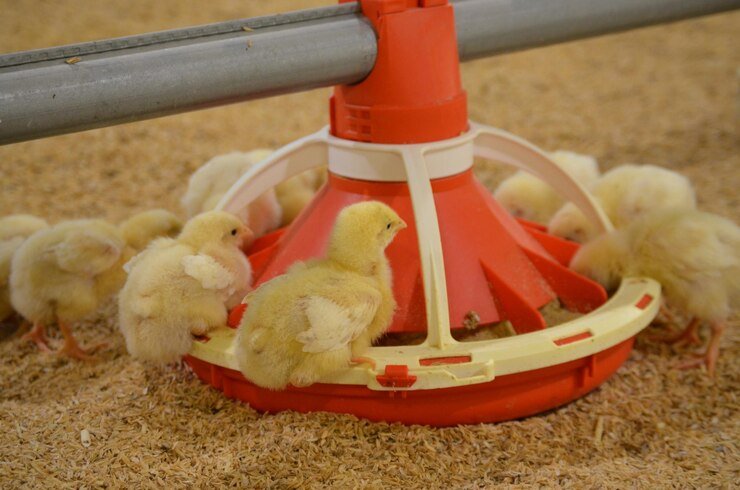
Design Features That Make a Difference
What Should You Look for in a Top-Notch Closed Coop?
A great coop blends automation with toughness.
Zeus offers customized solutions that include hot-dip galvanized cages tailored for various climates.
Durable Materials That Last
Materials should resist rust over time.
Electric galvanized cages have a lifespan of about 7–10 years; hot-dip galvanized about 15–20 years.
Enough Space for Birds to Move
Good design keeps chickens comfy, even in packed setups.
FAQ
Q: What’s the Ideal Size for a Closed Chicken Coop Per Bird?
A: In cage-based closed systems, you might need as little as 0.05 to 0.1 square meters per broiler, depending on local regulations.
Q: Can Closed Chicken Coops Work in Any Climate?
A: You bet—with proper insulation, Zeus provides environmental ventilation planning suitable even for tropical climates.
Q: Do Enclosed Coops Need More Upkeep Than Open Ones?
A: Nope—automated cleaning routines reduce manual workload significantly, making them easier to manage long-term despite initial complexity.


